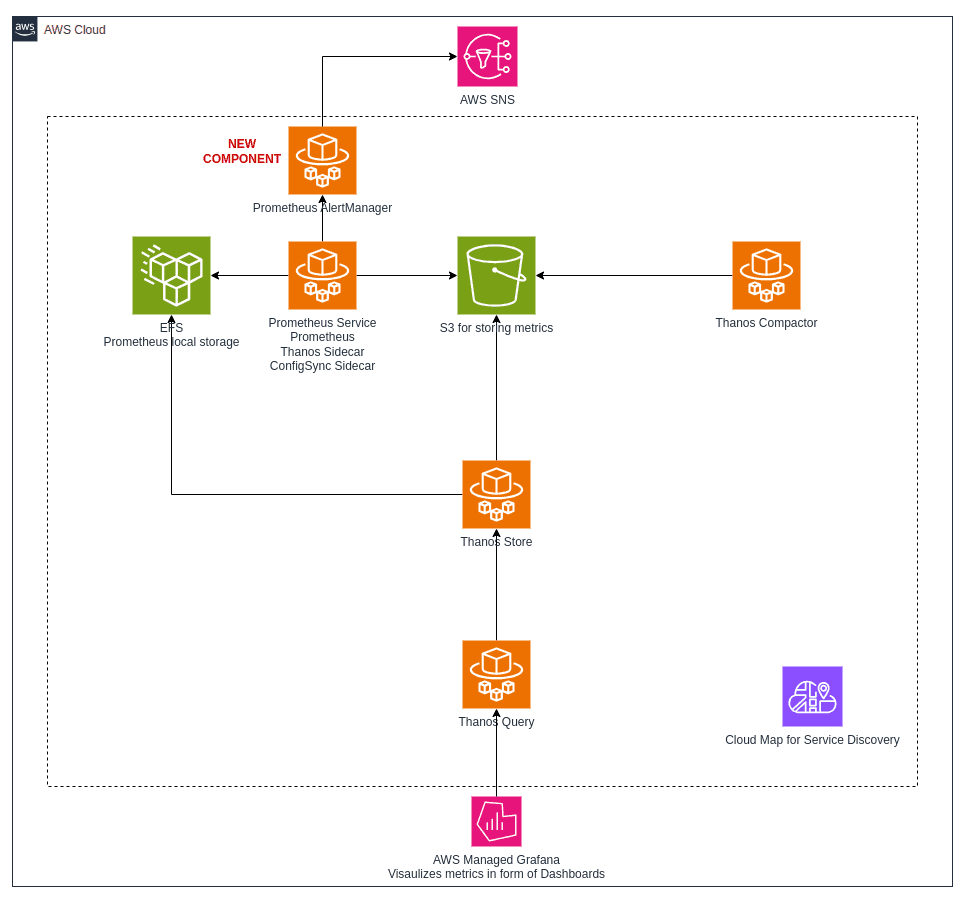AWS to launch European Sovereign Cloud companies
Amazon will incorporate dedicated companies in Germany for its European Sovereign Cloud. Why does it matter? Can Trump still shut down your cloud?
Jun 10, 2025

Benny Cornelissen
Cloud Consultant
Over the past week, many news outlets have reported on Amazon's announcement for 'new sovereign controls and governance structure' for the AWS European Sovereign Cloud (ESC). Amazon ESC was originally introduced to the world nearly 2 years ago, but in today's geopolitical and trade volatility the ESC is not only becoming a big strategic priority for Amazon; it also needed some updating.
TL;DR: What is Amazon ESC?
Amazon ESC is, as the name suggests, a Sovereign Cloud for European customers. AWS reports it will 'establish a new European organization and operating model', with a dedicated separate company structure incorporated in Germany. The management team will consist only of EU citizens residing in the EU. The same will be true for key positions within the new company structure.
On the technical side, Amazon ESC will be a completely separate cloud that offers many (but not yet all) of AWS' services, across multiple dedicated regions. None of the ESC infrastructure is shared with, or depending on, the regular AWS cloud. This includes a dedicated separate Route53 and Certificate Authority for SSL/TLS certificates.
So basically, everything you know (and love) from regular AWS, but in a EU-specific setup, in Europe, operated by EU citizens, that is seemingly safe from US prying eyes or government intervention. However, as pointed out in this article by The Register:
Regardless of Amazon's data sovereignty pledge, the parent company remains under American ownership, and may still be subject to the Cloud Act, which requires US companies to turn over data to law enforcement authorities with the proper warrants, no matter where that data is stored.
So it remains to be seen whether or not Amazon really does keep your data out of reach..
But what if...?
Recent developments in the geopolitical landscape has made people and businesses around the world asking 'what if' questions more and more. And for good reason. Whether it's sky-high tariffs, economic sanctions, or federal investigations – it can happen to you, and it can happen tomorrow. And it could result in your Cloud disappearing or your data being seized.
Amazon went to great lengths to mitigate these risks with ESC. But ESC is still built on Amazon technology. The fact that a European Research & Development subsidiary is to be incorporated as well shows that there are at least plans work on developing the services on the European side as well. It's currently not completely clear how ownership of the technology will work from a legal perspective. Do the ESC companies get a license of sorts? Is ownership transferred or shared in a separate consortium?
What if the US government imposes sanctions on Amazon ESC, and prohibits AWS from 'providing technology' to its European counterpart? Even if the exact legal structure for technology ownership isn't fully clear just yet, it seems that Amazon did consider this particular 'what if'. According to Amazon:
'To support continuity even under extreme circumstances, authorized AWS employees of the AWS European Sovereign Cloud, who are EU residents, will have independent access to a replica of the source code needed to maintain the AWS European Sovereign Cloud services.'
That's a bold strategy.
They're serious about this
I think this move shows Amazon's intent towards their European customers – some of whom may be currently investigating alternatives. Where Microsoft and Google until now have only offered assurances that they will fight any 'government overreach' towards non-US customers in court, Amazon is taking it several steps beyond that. They are prepared to build entire companies, give up some of their attractive tax-evasion avenues, and potentially giving away their entire codebase if things really go sideways. But their approach might not be airtight.
Let's see how it plays out.
Check the AWS ESC website for more info.




